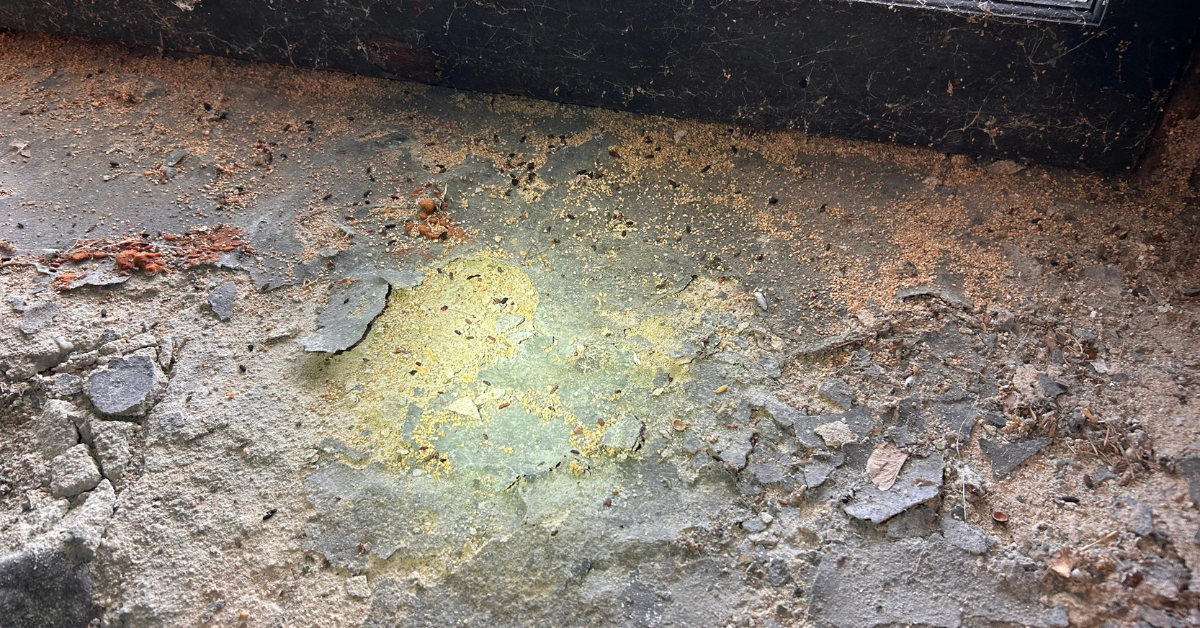How to Care for your Poinsettia
Besides today being 12-12-12, it is also National Poinsettia Day! Poinsettias remain one of the most popular holiday flowers. Believe it or not, poinsettias are native to Mexico. During the 17th century, Franciscan priests noticed the timely red bloom of the plants around the winter holiday time and used poinsettias in the Fiesta Santa Pesebre, a Nativity procession. The first United States ambassador to Mexico, Joel R. Poinsett, introduced poinsettias to the United States.
Facts.
- Poinsettias are priced according to the number of blooms. The more blooms, the more expensive the plant.
- Poinsettias are not poisonous.
- Poinsettias represent over 85% of the potted plant sales during the holiday season.
- $220 million worth of poinsettias are sold during the holiday season.
- There are over 100 varieties of poinsettias available.
- 74% of Americans still prefer red poinsettias; 8% prefer white and 6% pink.
- An NCCA Bowl game in San Diego is named the Poinsettia Bowl.
Care. The natural bloom time for Poinsettias in Mexico, has quite warmer temperatures then here in northeast New York, so survival of the plants can be difficult, even inside. Read the tips below to enjoy your plant longer:
- Place the plant in an area where it will receive an abundant amount of indoor sunlight.
- To keep the poinsettia in bloom as long as possible, maintain a temperature of 65 - 75 degrees F. during the day. Leaves may drop if placed in an area with cold drafts or if the leaves touch a cold window.
- Water the plant when the soil feels dry to the touch. Water until it drains out the bottom, but don’t allow the plant sit in water. Wilting is another common cause of leaf drop.
Insects. Several insects may attack poinsettias.
- Adult white flies looks like a small fly covered with white powder.
- Fungus gnats are small, dark-colored flies about 1/8 inch long. They can be found either on the plant or soil surface usually from over watering the plant.
- Mealybugs are serious pests of poinsettias. These insects are soft-bodied and appear as a cottony mass, usually in the axis of the leaves. Gently cleaning the leaves with alcohol on a swab can control mealy bugs, aphids and spider mites if caught early.
- If the insect problem persists, consult with a garden center or remove the plant.
Sources:


.png)
.png)
